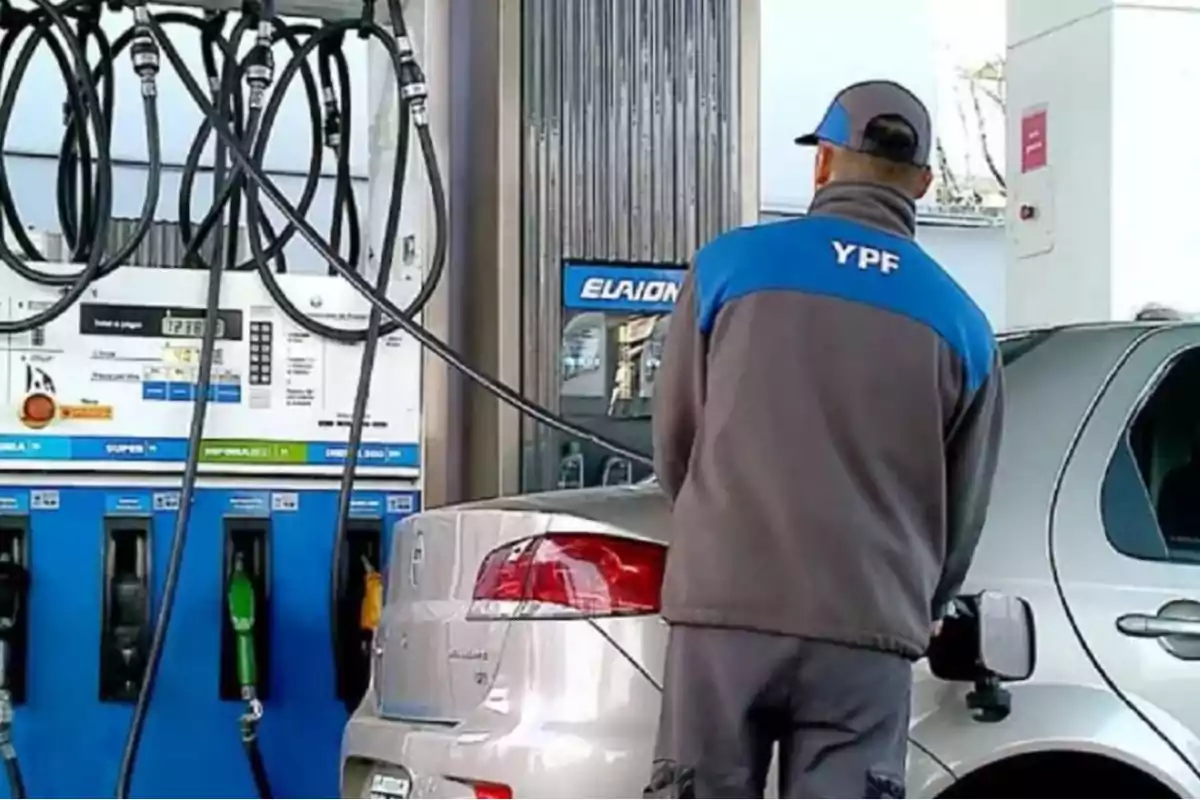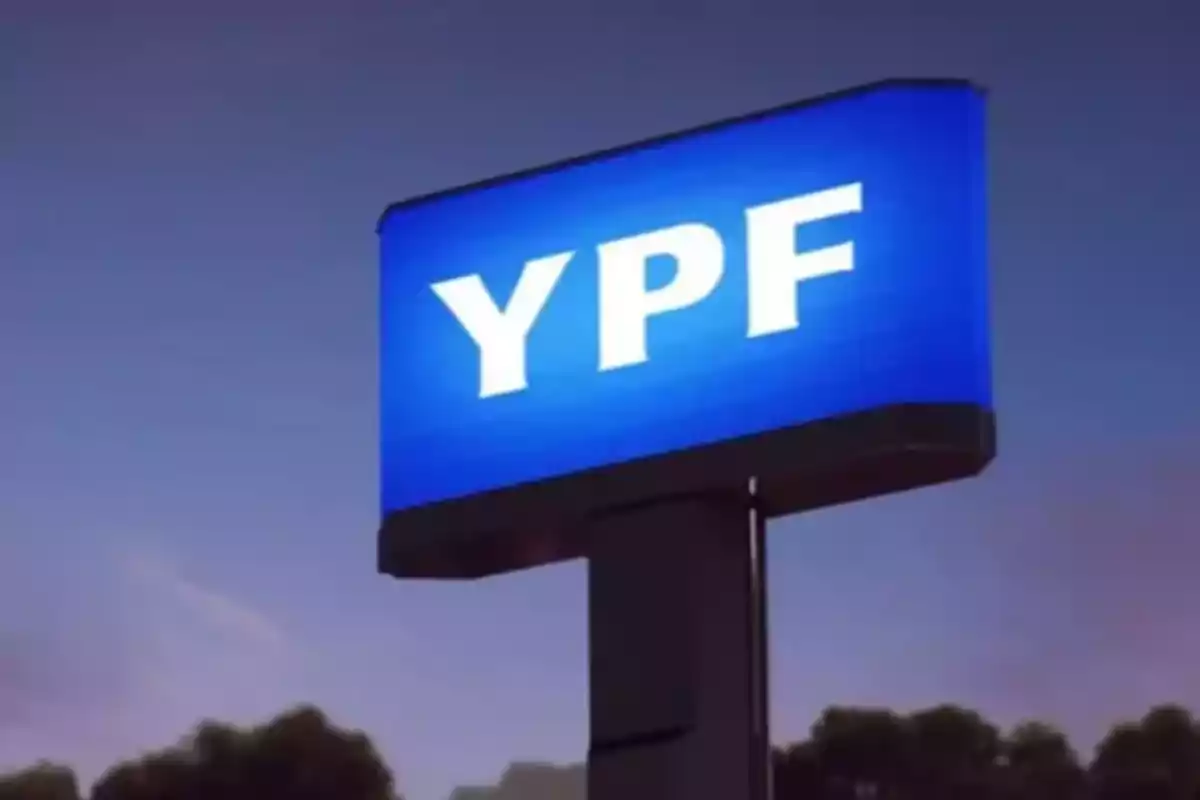
Following YPF's price drop, other oil companies are expected to join the trend.
The reduction is also possible because the update of the fuel tax was postponed again
After YPF's announcement of reducing its fuel prices by 4% starting May 1, the national government is confident that other oil companies—Shell, Axion, and Puma—will replicate the measure in an effort to reinforce the deceleration of inflation.
The decision by the majority state-owned company marks a milestone, as it is the first fuel price drop in months and responds to a combination of macroeconomic and strategic factors.
A signal to the market: prices going down and official pressure
The reduction in gasoline and diesel prices by YPF was celebrated by the Minister of Economy, Luis Caputo, who expressed on his X account: "In this new Argentina, prices are not inflexible downward."
The minister also highlighted that, with this measure, YPF offers fuels 9% cheaper than the competition, which could pressure other oil companies to follow suit if they don't want to lose market share.

The Executive expects this action to function as an "anchor" for prices in a context where inflation has accumulated two consecutive months of interruption in its downward trend. Therefore, along with this decision, other tools are maintained such as the partial freezing of public tariffs, the opening of imports of basic goods, and the postponement of taxes on fuels.
Will the other oil companies follow?
So far, Shell, Axion, and Puma have not confirmed if they will apply reductions. However, sector sources cited by Infobae indicated that it is likely they will, although perhaps with percentages lower than the 4% announced by YPF. The most recent precedent was in October, when a similar reduction was also replicated by the other brands.
"The drop in the international price of Brent, along with the current values at the pumps, allows for high profit margins. But if they don't adjust their prices, they may lose market," explained an industry executive.
The reduction was also possible because the government once again postponed the update of the fuel tax, a decision that costs the Treasury more than USD 200 million per month, but allows for more competitive prices at the pump.

Tariffs, inflation, and official expectations
Meanwhile, the Ministry of Economy announced that in May there will be a moderate increase in electricity and gas, estimated around 2.5%, and that bus and train fares in the AMBA will not be modified. In contrast, they expressed dissatisfaction with the monthly increases applied by the City and the Province of Buenos Aires on the services under their jurisdiction.
Caputo reiterated his stance that "there is no reason for there to be inflation in Argentina" under the current conditions, and anticipated decreases in the prices of clothing, cars, and public services.
The first private estimates on April's inflation anticipate a slowdown compared to March's 3.7%, suggesting that the partial easing of the currency exchange clamp did not cause the classic inflationary pass-through expected in other scenarios.
More posts: